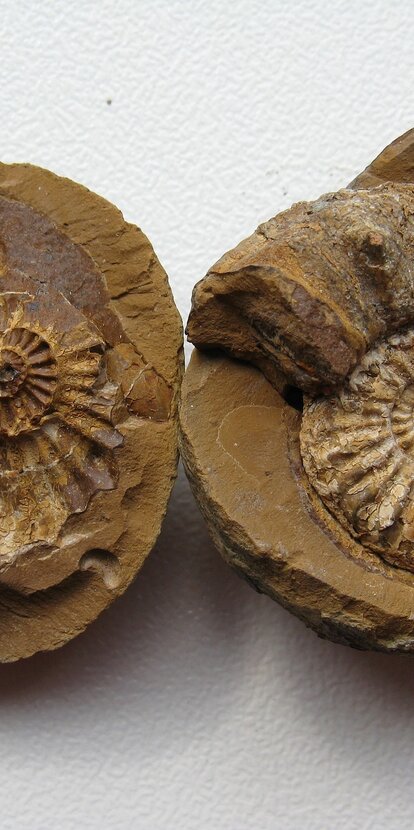

Cultural artefacts are objects produced by humans, in other words archaeological artefacts. In Italian law (1939 & 1976), fossil finds are also included. Scientific (not legal) competences have been transferred in most regions & provinces to the respective natural museums and/or universities & the palaeontologists employed there. The "beni archeologici/culturali" are, according to Italian law, state property & thus they can be found by chance by a private person, but he does not become the owner. Italian law also stipulates that if someone has made a find that could be of palaeontological interest, he must hand it in within 48 hours to the appropriate legal representatives of the state (Monuments Office, police, forestry, carabiniere etc.). So much for the legal background, now for the practice.
If a fossil or stone is found where there is doubt that it is of scientific/palaeontological interest, this is the standard procedure:
If it is not of scientific interest, the finder can theoretically take it home, but he must be aware that this does not make him the owner, because in this case the state or our province remains the owner. Since he reported it, he is legally okay. Pieces that are possibly relevant should then be brought to the nature museum for inspection. If the suspicion is confirmed, scientific finds end up in the museum's depot, where they can be viewed by the finder at any time, provided the finder's data have been recorded.

Here you will find all important information on skipasses, daily, multi-day, and seasonal tickets at a glance. All ski passes can be purchased quickly and conveniently online. Buy your skipass directly from home and get a 5% discount!